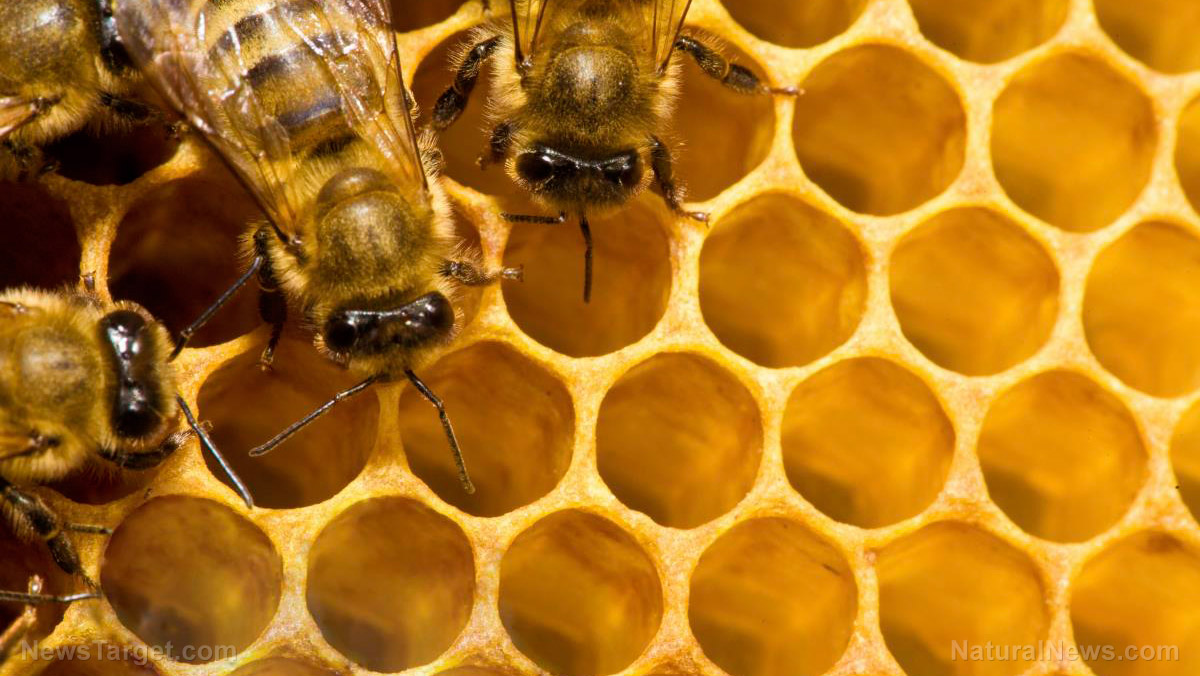Manmade toxins are destroying the natural world and will lead to ecological collapse
12/20/2019 / By Cassie B.

Talk of a “catastrophic collapse of nature’s ecosystems” is not hyperbole; that’s the exact terminology used in the first global scientific review of the world’s insect populations.
Overall, more than 40 percent of insect species are seeing declines, while a third are considered endangered. The extinction rate of insects is eight times that of reptiles, birds and mammals. If they continue at their current rate of 2.5 percent decline per year, they could disappear completely within the next 100 years.
Speaking to The Guardian about the insect losses, review author Francisco Sanchez-Bayo said: “It is very rapid. In 10 years, you will have a quarter less, in 50 years only half left and in 100 years you will have none.”
Experts believe our planet is starting its sixth period of mass extinction, and tremendous losses have already been noted in bigger animals that can be studied more easily. However, insects are a greater indicator of overall problems in the environment because they’re the most numerous and varied creatures on our planet, outnumbering humans by 17 times.
Their loss is something that will be deeply felt by all of us as they’re vital parts of all ecosystems, serving as nutrient recyclers, food for other creatures, and pollinators.
Certain species have been hit especially hard. Topping the list is caddisflies, who have seen their numbers decline by 68 percent in the past decade. Butterflies have experienced a drop of 53 percent, while beetles and bees have seen drops of 49 and 46 percent, respectively. Insects such as mayflies, dragonflies, stoneflies and flies have also seen declines of more than 25 percent. The analysis was published in the journal Biological Conservation.

Pesticide use driving factor behind devastating insect declines
These numbers make it quite clear that human toxins are ruining the planet and setting us on the path toward collapse. The study’s authors identified intensive agriculture as the main reason for the declines, singling out heavy pesticide use as being a major contributor.
Sanchez-Bayo said: “The main cause of the decline is agricultural intensification. That means the elimination of all trees and shrubs that normally surround the fields, so there are plain, bare fields that are treated with synthetic fertilizers and pesticides.”
He believes that it’s some of the newest insecticides that are the most damaging. Neonicotinoids and fipronil, which were only introduced in the past 20 years, have been especially damaging given their persistence and widespread use. He said they essentially sterilize the soil.
Certain places are experiencing especially big losses. For example, in Puerto Rico, a 98 percent drop in ground insects has been reported over the past 35 years, while the number of butterfly species on farmed land in England dropped by 58 percent. In fact, the UK has seen the greatest drops in insect numbers overall, although it’s important to keep in mind that it’s one area that has been studied in more depth than many other places.
In Oklahoma, only half of the bumblebee species that were present in 1949 could still be found in 2013, while the U.S.’s overall honeybee colony numbers have dropped by 3.5 million since 1947.
For some insects, there is a lack of data. While we don’t have a lot of specific figures for ants, shield bugs, crickets, and aphids, experts suspect they are experiencing a similar fate to that of the studied species.
If we don’t stop destroying our planet with toxic pesticides, humans will pay the ultimate price – and according to this report, it’s not going to take long for the insects that all life on Earth depends on to disappear completely.
Sources for this article include:
Submit a correction >>
Tagged Under:
This article may contain statements that reflect the opinion of the author





















